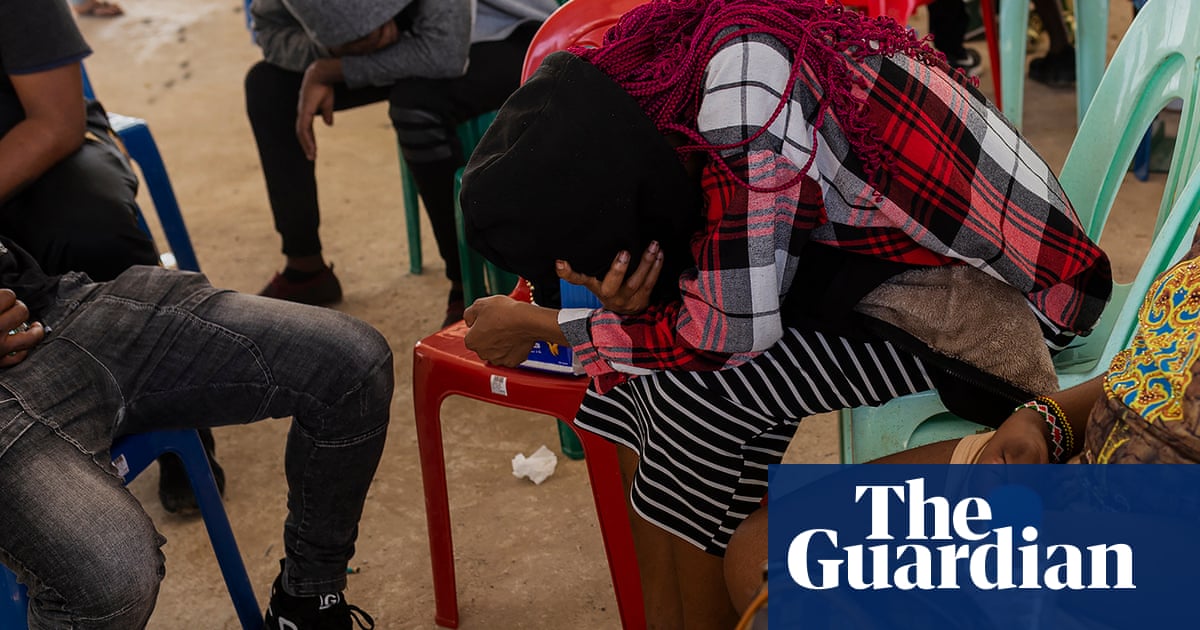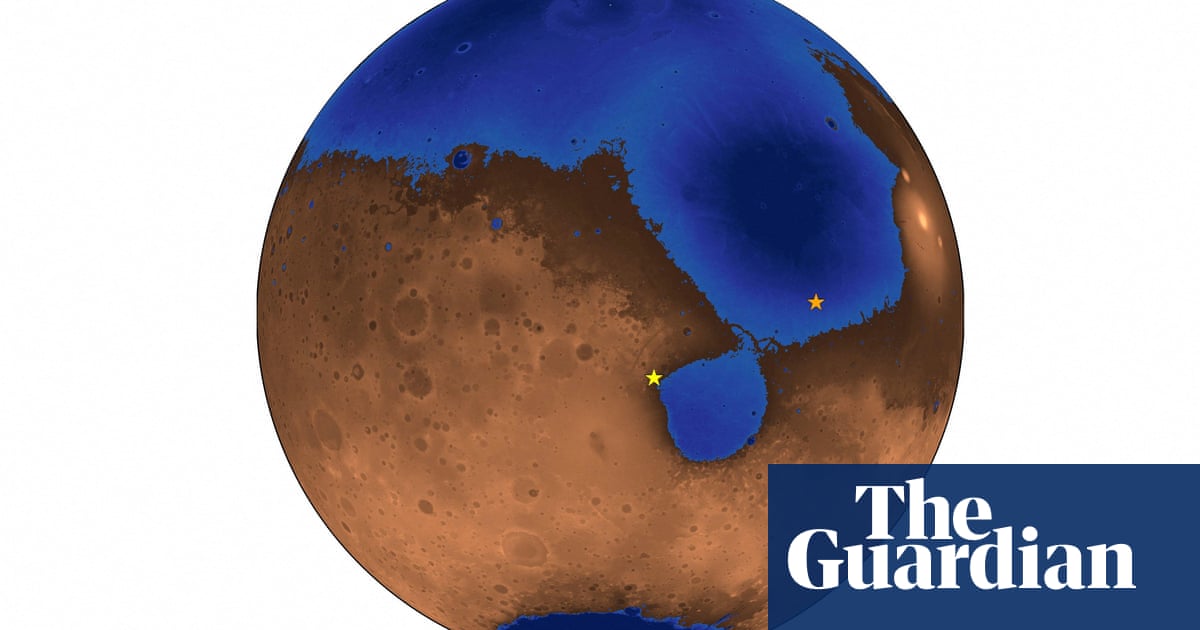The cyclone that hit Mayotte has left health services on the French Indian Ocean territory in tatters, with the hospital extremely damaged and health centres knocked out of operation, a minister said on Monday.
“The hospital has suffered major water damage and destruction, notably in the surgical, intensive care, maternity and emergency units,” the French health minister, Geneviève Darrieussecq, told France 2, adding that “medical centres were also non-operational”.
Rescuers are racing against time to reach survivors after Cyclone Chido laid waste to waste the territory’s many shantytowns, with hundreds feared dead. The powerful cyclone caused extensive damage to Mayotte’s airport and cut off electricity, water and communication links when it barrelled down on France’s poorest territory on Saturday.
The Mayotte prefect, François-Xavier Bieuville, told the broadcaster Mayotte la Première that he expected the final death toll to reach “close to a thousand or even several thousand”.
Ambdilwahedou Soumaila, the mayor of Mayotte’s capital, Mamoudzou, told AFP the storm “spared nothing”. “The hospital is hit, the schools are hit. Houses are totally devastated,” he said.
The French president, Emmanuel Macron, will host a crisis meeting on the disaster in Paris at 6pm, his office said.
The country’s interior minister, Bruno Retailleau, will travel to Mayotte on Monday, his office said, with 160 soldiers and firefighters to reinforce the 110 already deployed.
Chido carried winds of at least 140mph when it reached Mayotte, which lies betweenMozambique and Madagascar. At least a third of the territory’s 320,000 residents live in shantytowns, where homes with sheet-metal roofs were flattened by the storm.
One resident, Ibrahim, told AFP of “apocalyptic scenes” as he made his way through the main island, having to clear blocked roads himself.
As authorities assessed the scale of the disaster, a first aid plane reached Mayotte on Sunday. It carried three tonnes of medical supplies, blood for transfusions and 17 medical staff, according to authorities in La Réunion, another French Indian Ocean territory, about 870 miles from Mayotte, which is serving as a logistics base for the rescue operation.
Patrice Latron, the prefect of La Réunion, said residents of Mayotte faced “an extremely chaotic situation, immense destruction”. Two military aircraft were expected to follow the initial aid flight, while a navy patrol ship was also due to depart La Réunion.
There have been international promises to help Mayotte, including from the regional Red Cross organisation, PIROI. The EU chief, Ursula von der Leyen, said the bloc was “ready to provide support in the days to come”.
The head of the World Health Organization, Tedros Adhanom Ghebreyesus, said the WHO “stands ready to support communities in need of essential health care”.
About 100,000 people are estimated to live clandestinely on Mayotte, according to France’s interior ministry, making it hard to establish how many people have been affected by the cyclone.
Ousseni Balahachi, a former nurse, said some people did not dare venture out to seek assistance, “fearing it would be a trap” designed to remove them from Mayotte.
Many had stayed put “until the last minute” when it proved too late to escape the cyclone, she added.
Chido is the latest in a string of storms worldwide fuelled by climate change, according to experts. The “exceptional” cyclone was super-charged by particularly warm Indian Ocean waters, the meteorologist Francois Gourand, of the Météo-France weather service, told AFP.
The cyclone blasted across the Indian Ocean and made landfall in Mozambique on Sunday, where officials said it had resulted in three deaths.
“Many homes, schools and health facilities have been partially or completely destroyed,” the UN children’s agency, UNICEF, said.
The UN humanitarian agency, OCHA, said 1.7 million people were in danger from the cyclone, and that the remnants of it could still cause “significant rainfall” on Malawi on Monday. Zimbabwe and Zambia could also expect heavy rains, it added.

 2 months ago
34
2 months ago
34













































